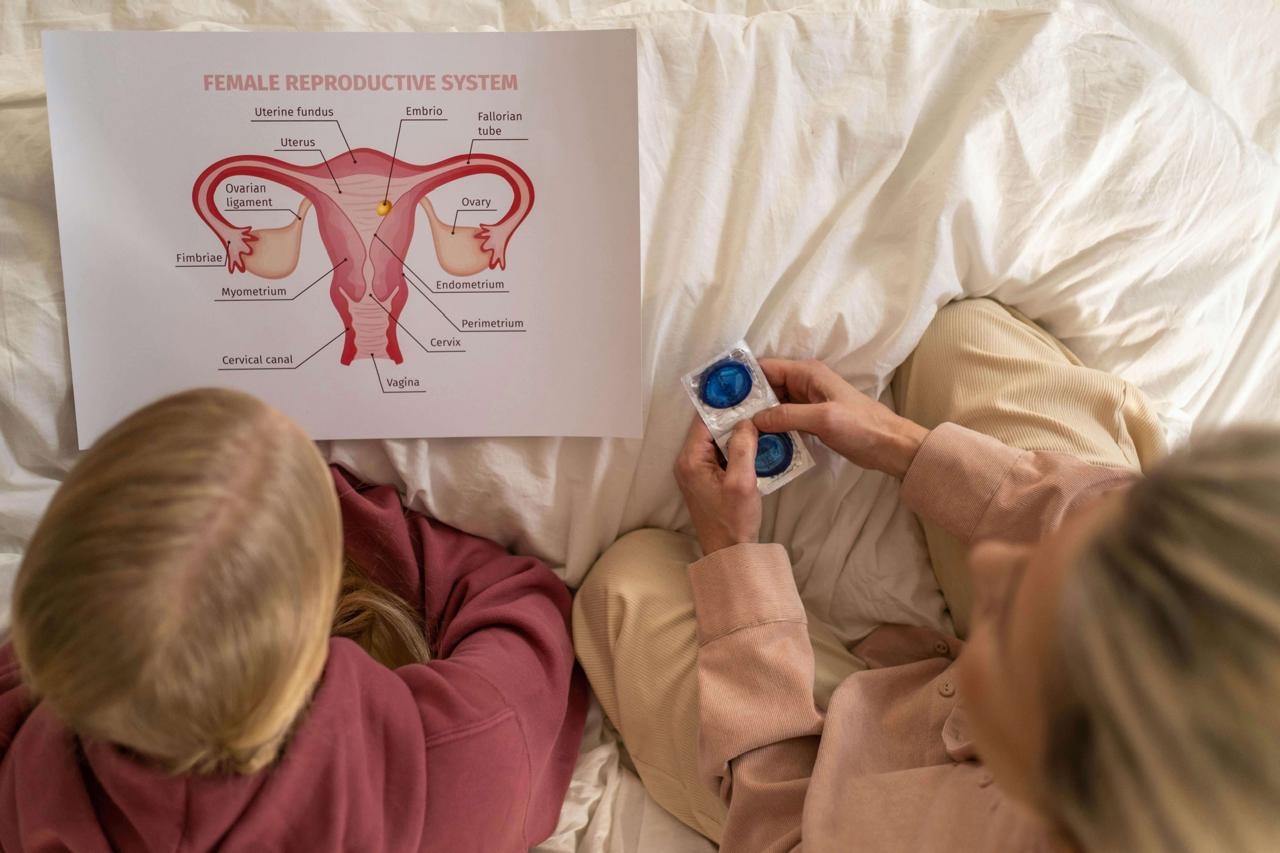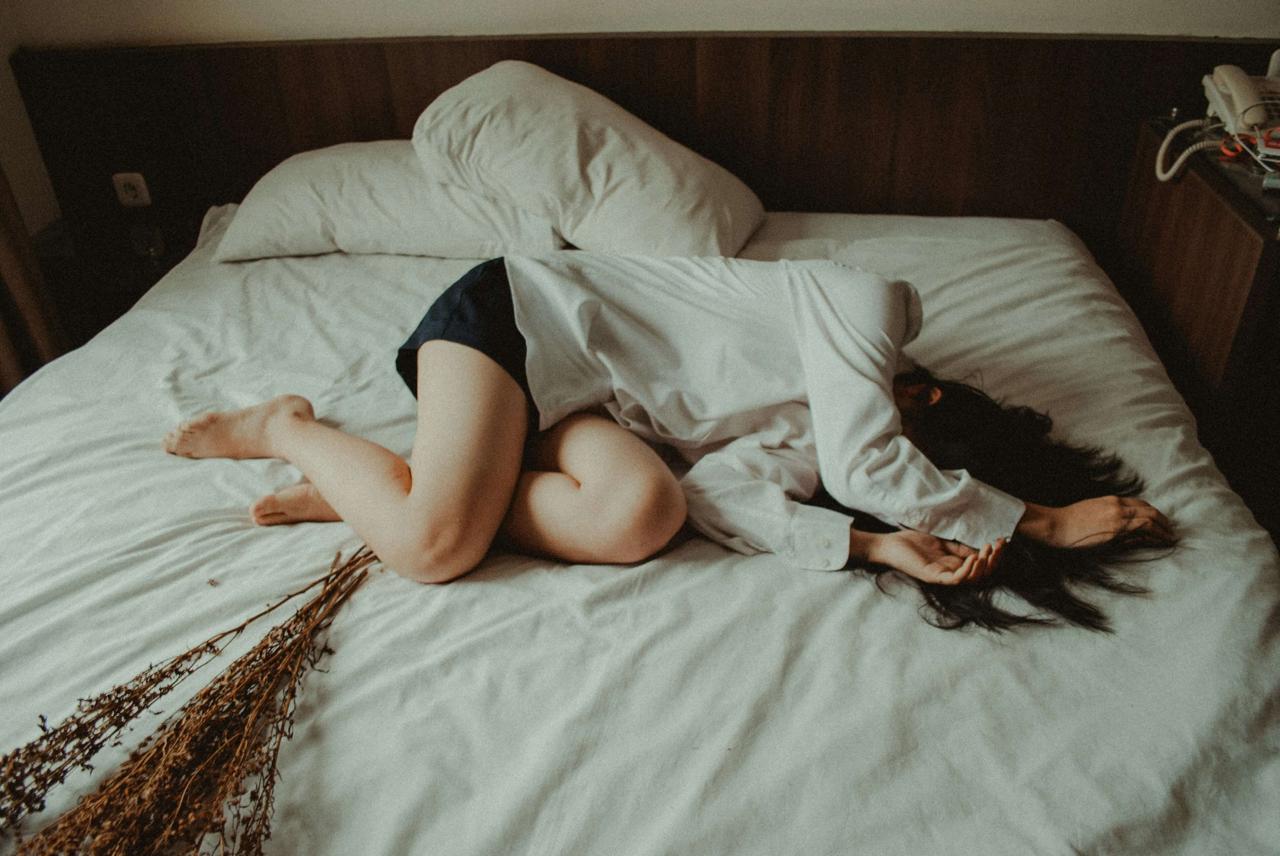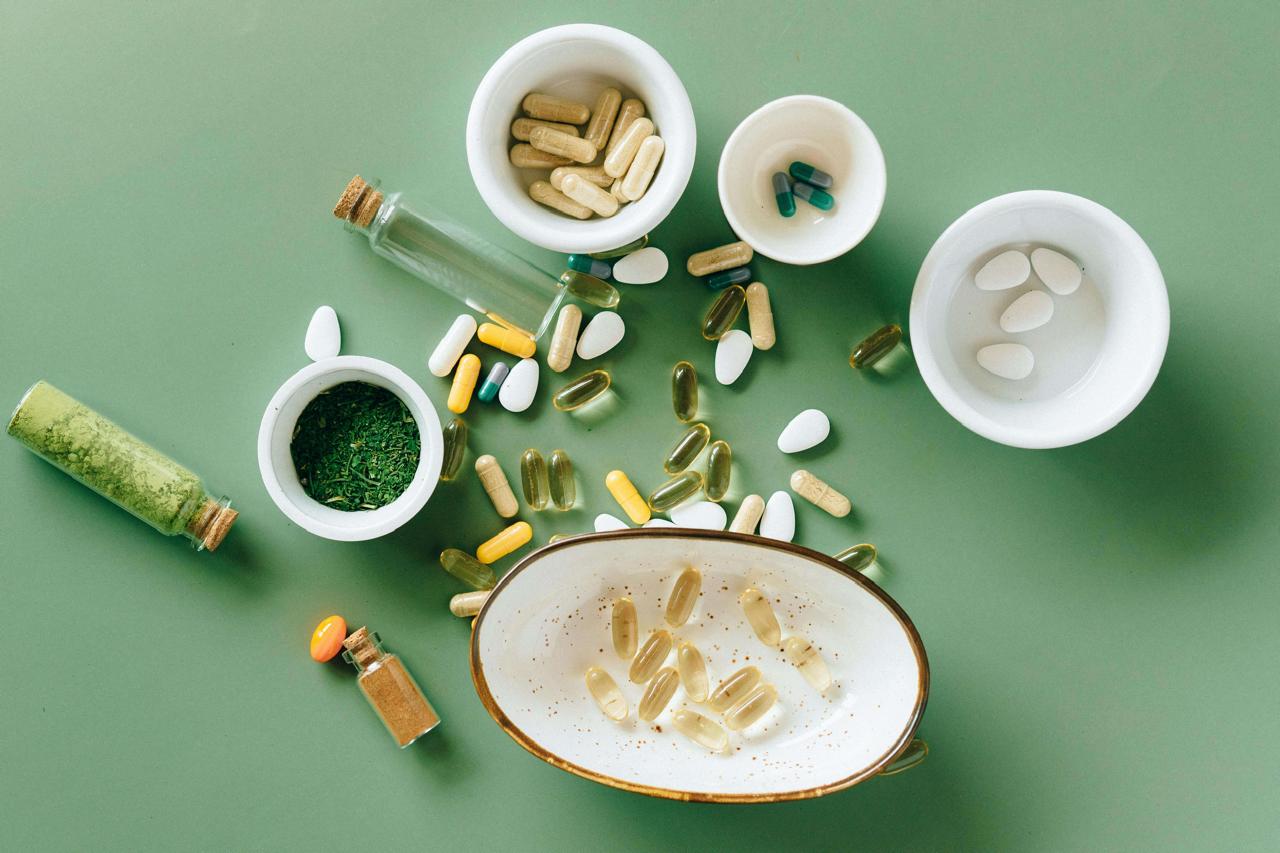Many women are looking into menopause depression treatment. For years menopause and depression have been closely linked.
Menopause can cause an increased risk of depression and anxiety during perimenopause and the menopausal transition.

What is Menopause?
Menopause is the end of your menstrual cycles due to lower hormone levels. It is a point in time when you have gone 12 consecutive months without a menstrual period.
Menopause is usually between the ages of 45 and 55. Menopause is a natural part of aging and marks the end of your reproductive years.
It is a natural process when your ovaries stop producing reproductive hormones like estrogen and progesterone.
The term is sometimes used to describe the changes you go through just before or after you stop having your period.
Before we discuss the effective menopause depression treatment, we should know about menopause in detail.
Types of menopause
- Premature menopause occurs in the 40s or younger (before age40) due to factors like genetics, autoimmune conditions
- Early menopause occurs before the age of 45 due to factors such as genetics, health conditions, or lifestyle. It presents challenges similar to premature menopause.
- Natural menopause happens as women age, typically occurring in their late 40s to early 50s, leading to the end of menstrual cycles.
- Surgical menopause is triggered by the surgical removal of the ovaries (oophorectomy) or uterus (hysterectomy)
- Induced menopause is caused by medical treatments like chemotherapy or radiation therapy, which affect ovarian function and hormonal production, similar to surgical menopause.
Menopause causes
Women are born with all of their eggs, which are stored in their ovaries, their ovaries also produce hormones estrogen and progesterone which control their period (menstruation) and the release of eggs (ovulation).
Menopause happens when the ovaries no longer release an egg every month and menstruation stops.
What happens during menopause? (stages of menopause)
It can be grouped into three main phases:
Perimenopause
This phase usually begins several years before menopause, when your ovaries slowly make less estrogen.
Perimenopause lasts until menopause, the point at which your ovaries stop releasing eggs. Estrogen levels fall faster in the last 1 to 2 years of this stage.
Menopause
This is when it’s been a year since you had a period. Once you have stopped menstruating for 12 months. Your ovaries have stopped releasing eggs and making most of their estrogen.
Postmenopause
These are the years after menopause. Menopausal VMS such as hot flashes and night sweats usually ease. However, health risks related to the loss of estrogen increase as you get older.

What are the symptoms of menopause?
Women need menopause depression treatment as symptoms can have a big impact on their daily lives, including relationships, social life, family life, and work. It can feel different for everyone.
You may be transitioning into menopause if you begin experiencing some or all of the following symptoms.
Irregular periods (changes to your periods)
Your period may be considered irregular if the time between your menstrual cycle is longer or shorter, or if your periods are lighter or heavier than usual.
This is a classic sign of the transition into menopause.
Mental health symptoms
- Changes to your mood, like low mood, anxiety, mood swings, and low self-esteem.
- Anger and irritability
- Tired, hopeless and unmotivated.
- Problems with memory or concentration (brain fog).
If you have had anxiety or depression in the past, your symptoms may worsen, and need menopause depression treatment.
Common physical symptoms and changes during menopause
Various physical changes can develop around the time of menopause:
Vasomotor symptoms (hot flashes or night sweats)
A sudden sense of warmth spreads over the body, your skin may flush red and your heart may beat faster. Then you may suddenly feel cold.
Sudden feelings of hot or cold in your face, neck, and chest can make you dizzy.
Night sweats are hot flashes that happen during sleep, they can be so intense they wake you up.
Vaginal dryness
During menopause, the skin around your vagina may become drier. This can make sex hurt and cause itching or discomfort during sex. Gels called personal lubricants can help.
Insomnia (sleep problems)
Difficulty sleeping that caused by vasomotor symptoms which may be a result of night sweats, and make you feel tired and irritable during the day.
Emotional changes
Irritability, mood swings, or depression are common during menopause. It is not unusual to experience times of irritability and crying spells.
Hormonal changes and sleep disturbances can contribute to these issues.
Headaches
Changes in libido (low libido)
Body changes
A buildup of fat around the abdomen, changed body shape, and weight gain.
Hair loss or thinning
Skin changes
Including dry and itchy skin.
Breast tenderness and reduction
Changes in breast size or shape.
Joints and muscle pain
Palpitations
When your heartbeats suddenly become more noticeable, an increased heart rate
Sensitive teeth, painful gums, dry mouth, or other mouth problems
Drop in sexual function ( reduce sex drive)
You might feel less interested in sex or have trouble getting aroused when you’re in menopause.
Can menopause lead to complications?
Physical changes during menopause can increase your of:
- Vaginal infections
- Urinary tract infections (UTIs)
- Urinary incontinence and increased urination.
- Osteoporosis
- Heart disease
Changes in hormone levels cause these symptoms, so menopause depression treatment is important for women. Some people have intense symptoms of menopause, while others have mild symptoms.
How long do symptoms last?
Symptoms can last for months or years and can change with time. For example, hot flashes and night sweats may improve, and then you may develop low mood anxiety.
Some symptoms, some symptoms such as joint pain and vaginal dryness, can carry on after your periods stop.
Does menopause cause depression?
Researchers are not certain why depression is more common during perimenopause, but several factors may contribute. We will discuss these factors and find menopause depression treatment ways.
How menopause and depression are related
Physiological factors (Hormonal Fluctuations)
During perimenopause and menopause, the hormone levels for women change unpredictably. Estrogen and progesterone may rise and fall while they decline overall. these hormonal changes may affect brain chemistry, structure, and function.
Estrogen enhances the effect of certain neurotransmitters, such as serotonin and norepinephrine, brain chemicals that promote feelings of well-being and happiness.
These neurotransmitters help regulate mood. when estrogen levels decline and drop, it may affect the balance of these chemicals, and serotonin levels also fall, which contributes to increased irritability, anxiety, and sadness. So menopause depression treatment is essential for these disorders.

What is the best treatment for menopause-related depression?
There are many types of medicines for menopause depression treatment.
Hormone Replacement Therapy(HRT)
Estrogen and progesterone medications can alleviate menopause depression symptoms but require careful consideration and consultation with a healthcare provider.
It involves using estrogen to replace your body’s levels around the time of menopause.HRT is a safe and the most effective menopause depression treatment.
Your doctor may recommend estrogen in the lowest dose and the shortest time frame needed to provide symptom relief for you.
There are different types and doses of HRT using the right dose and type usually means your symptoms improve. They can contain different hormones estrogen, progesterone, or both. It could be taken in different ways:
- OralTablets, pills
- Gel, spray, or vaginal rings
- Skin patches
- Intrauterine system(IUS)or Mirena coil
Benefits of HRT
The main benefit of HRT (hormone replacement therapy) is that it can help relieve most menopause and perimenopause symptoms, including hot flashes, brain fog, joint pains, mood swings, and vaginal dryness. It plays a good role in menopause depression treatment.
Testosterone gel for reduced sex drive
If HRT does not help restore your sex drive, you might be offered a testosterone gel or cream. It can help improve sex drive, mood, and energy levels.
Some small studies have found that DHEA supplements ease menopause symptoms such as low libido and hot flashes.
Non-hormone medicines (Alternative medications)
There are non-hormone treatments if your symptoms are having a big impact on your life.
They can help with hot flashes and night sweats and are used as a menopause depression treatment, these include:
- A blood pressure medicine called clonidine
- An epilepsy medicine called gabapentin.
- Antidepressants may be helpful for mood symptoms and used as a menopause depression treatment in those who aren’t candidates for hormonal medications.
- Calcium from your foods or supplements to prevent bone loss which can become a serious problem once hormone levels drop after menopause.
- Vitamin D is as important as calcium for bone health without vitamin D your body can’t absorb calcium
Treatment options
Menopause depression treatment often involves a combination of antidepressants and psychotherapy.
Doctors may suggest selective serotonin reuptake inhibitors (SSRIs) for menopause-related mood change.
These medications change neurotransmitter levels. They are good for menopause depression treatment and may reduce the symptoms.

Herbal and natural home remedies for menopause symptoms
Herbal remedies are sometimes taken as menopause depression treatment including:
- Evening primrose oil
- Black cohosh is one of the most well-studied supplements for menopause depression treatment, it balances estrogen and progesterone levels and helps with hot flashes
- Angelica
- Ginseng might help improve quality of life during menopause can boost mood and improve sleep
- St John’s wort is a well-known menopause depression treatment used for mild depression and control mood swings.
- Red clover contains plant hormones that can act in a similar way to estrogen
- Wild Yam: pills and creams made from certain species of wild yam are popular alternatives to hormone therapy for menopause
- Flaxseeds and flaxseed oil may help some women with mild menopause symptoms.it is a good source of lignans, which tend to balance female hormones.
- Ashwagandha is used as a menopause depression treatment, and researchers have been studying its potential benefits for menopause symptoms.
Read about: Treating Menopause Naturally
Life style
- Physical activity: stay active with exercises like walking and yoga to reduce stress and menopause depression.
- Hydration: Drink plenty of water to stay hydrated.
- Dietary adjustments: limit caffeine and alcohol intake if they exacerbate symptoms.
- Stress management: practices relaxation techniques such as meditation
- Nutrition: include healthy fruits, vegetables fats balanced meals, and whole grains in your diet especially foods high in vitamin D and calcium for overall health
- Support Network: connect with friends, family, or support groups for emotional support.
All of these are effective suggestions for menopause depression treatment.
Conclusion
Menopause increases the symptoms of depression through estrogen fluctuations affecting serotonin transmitters.
Menopause has various symptoms that affect women.HRT, antidepressants medications,psychological therapy and lifestyle change depression during menopause stages.
Read more about:


You must be logged in to post a comment.